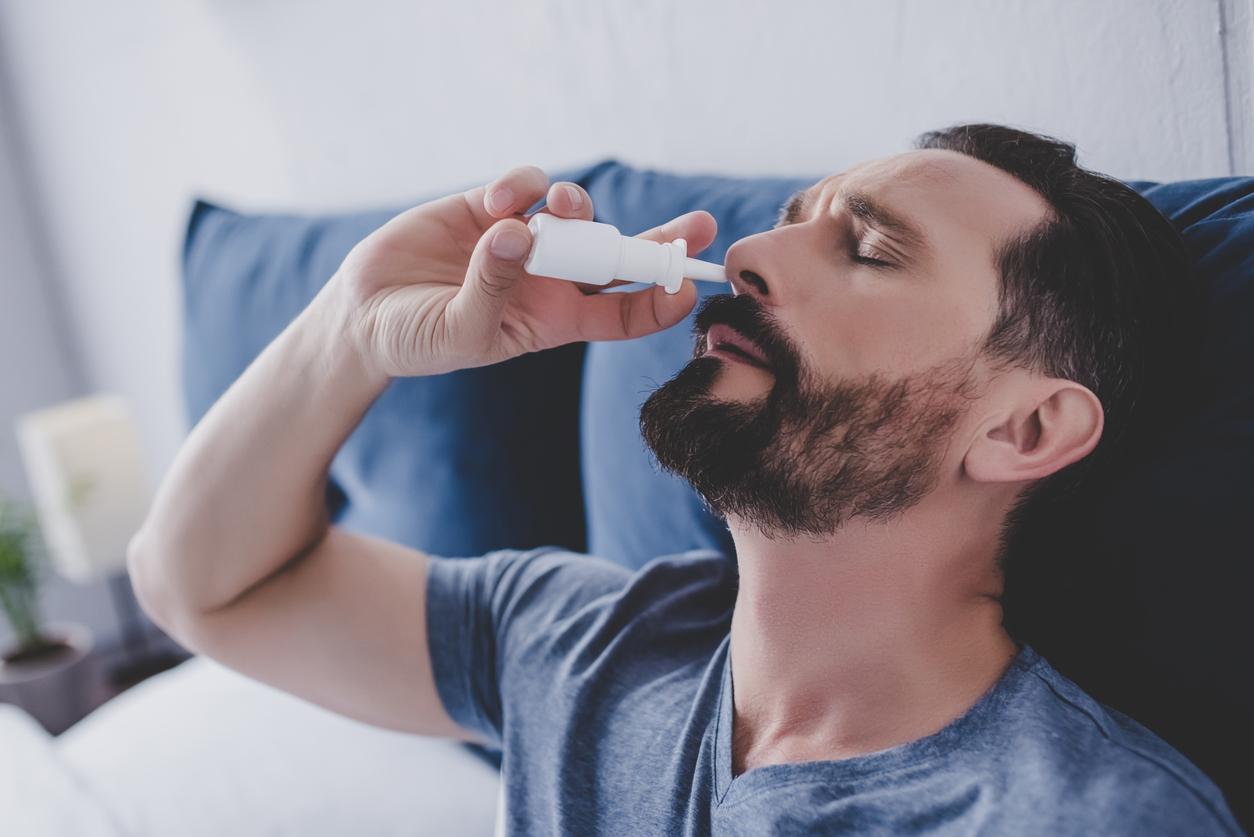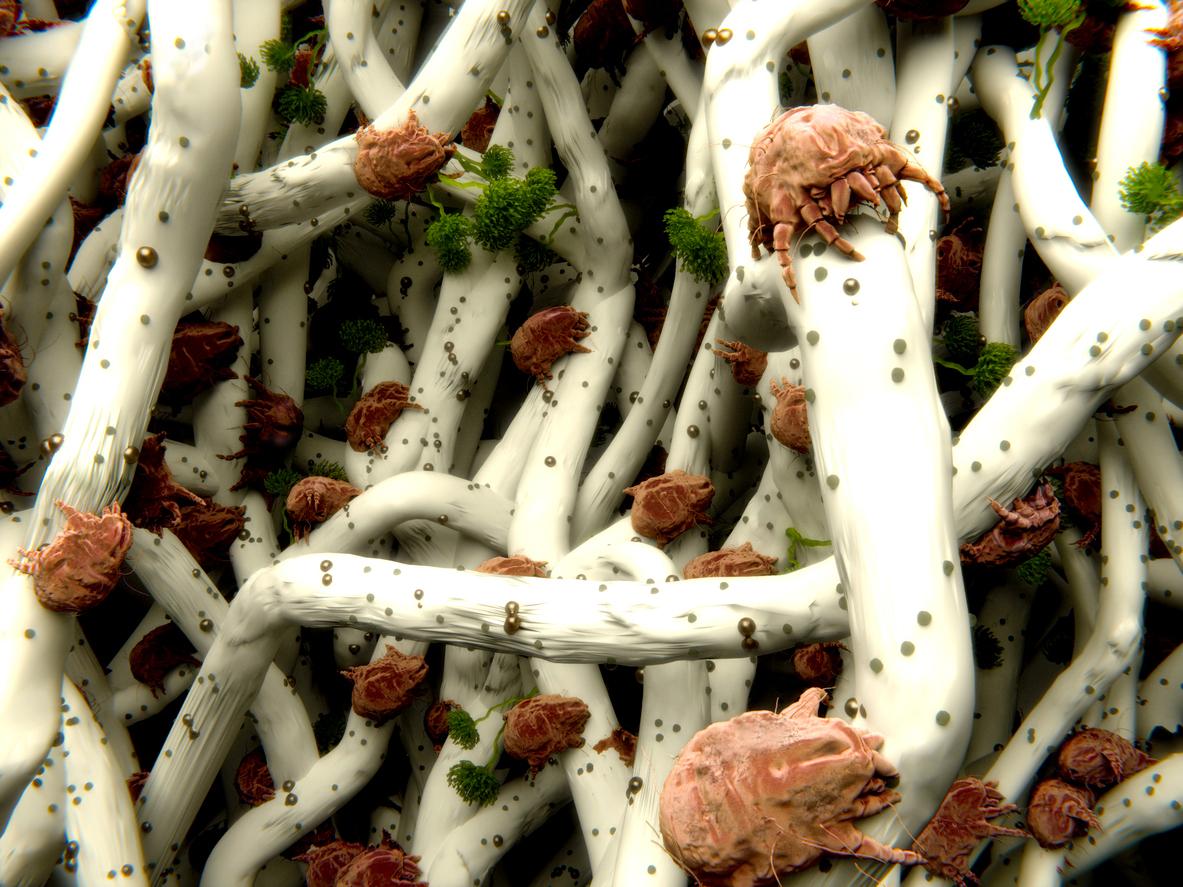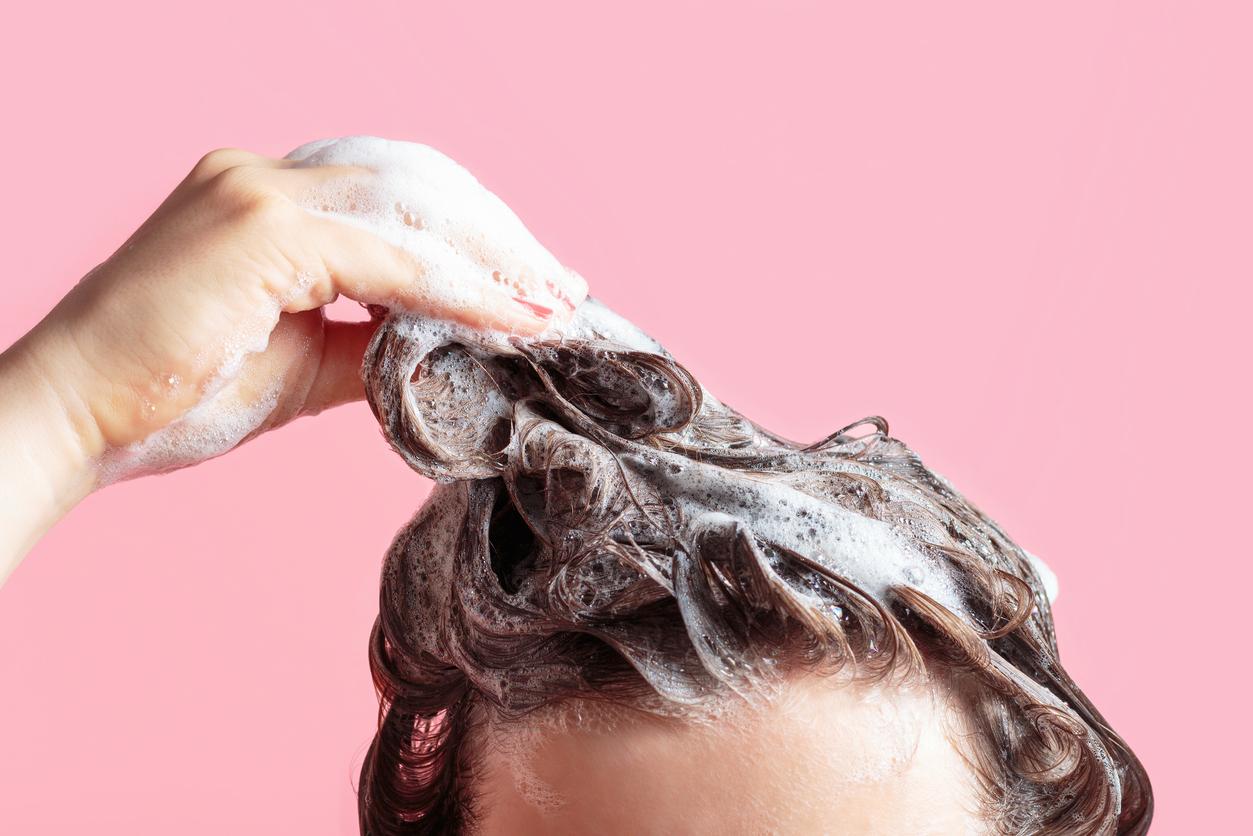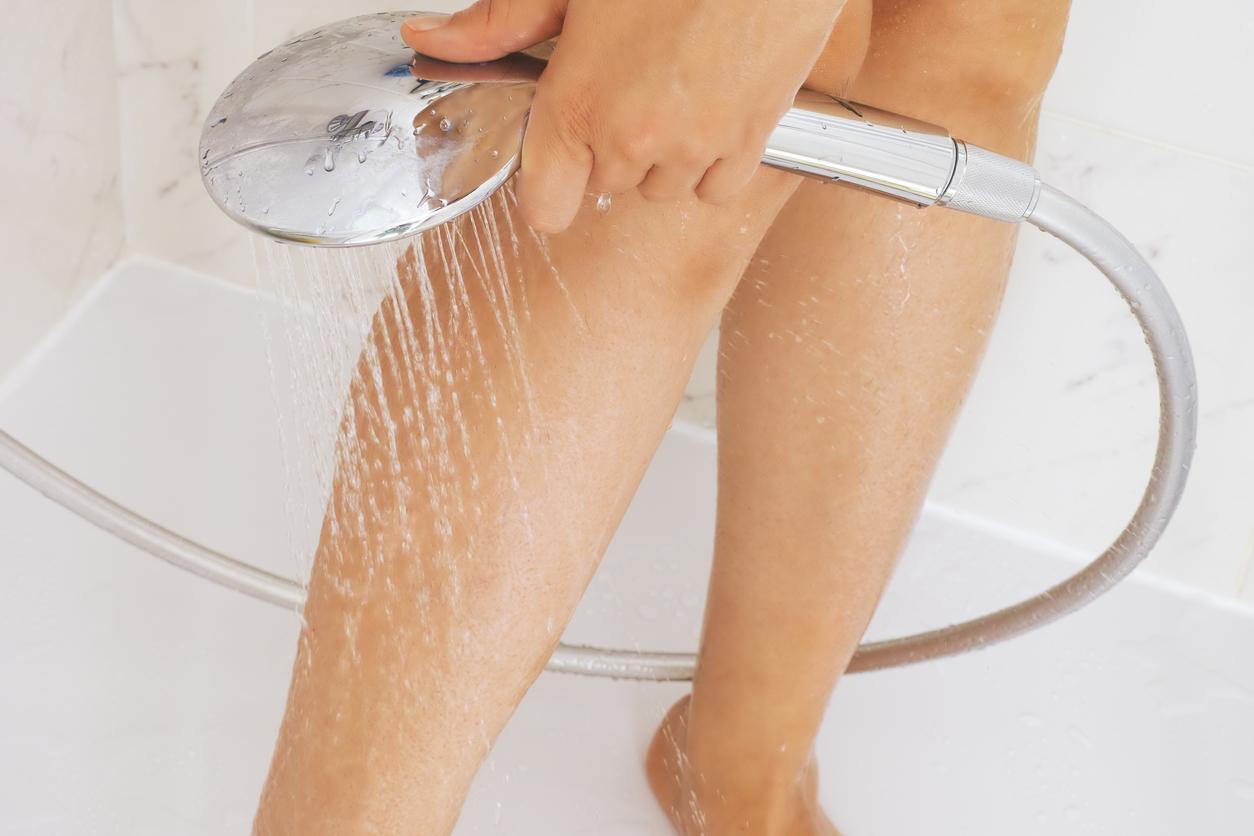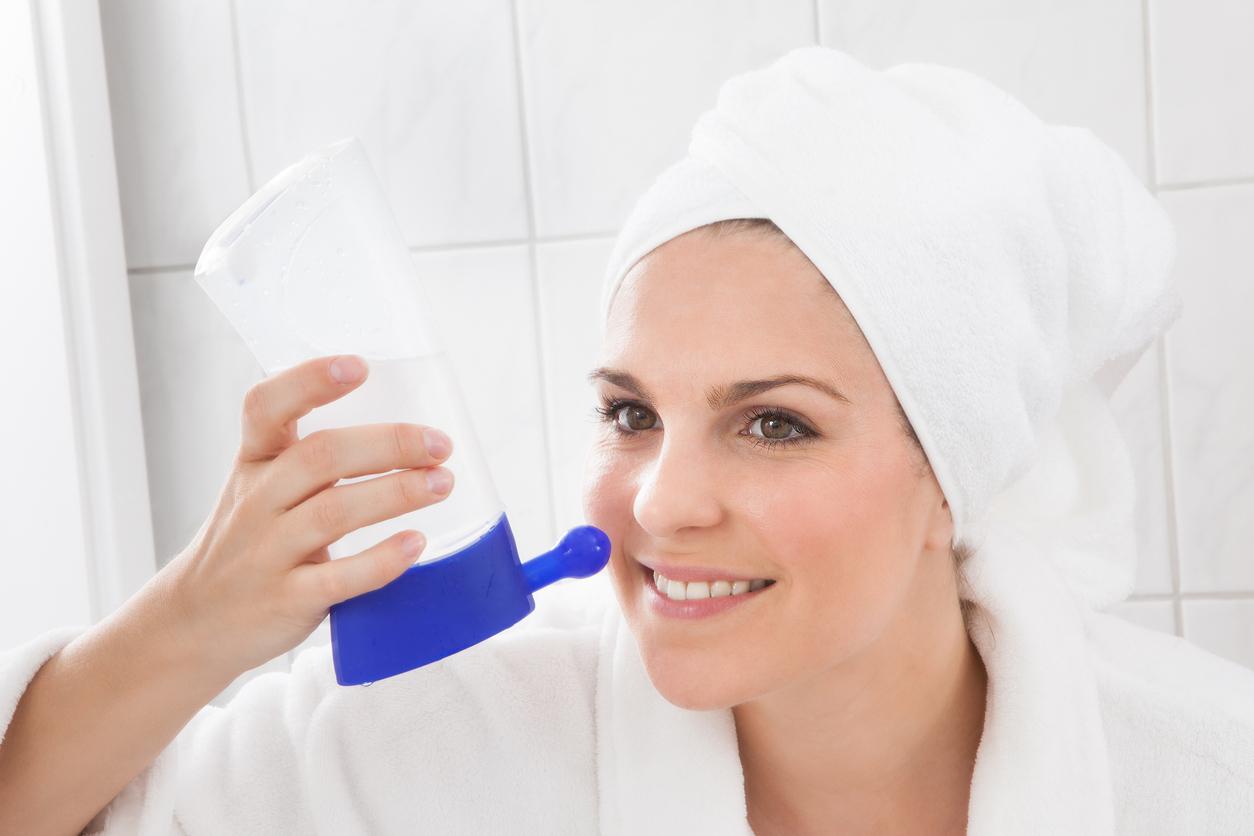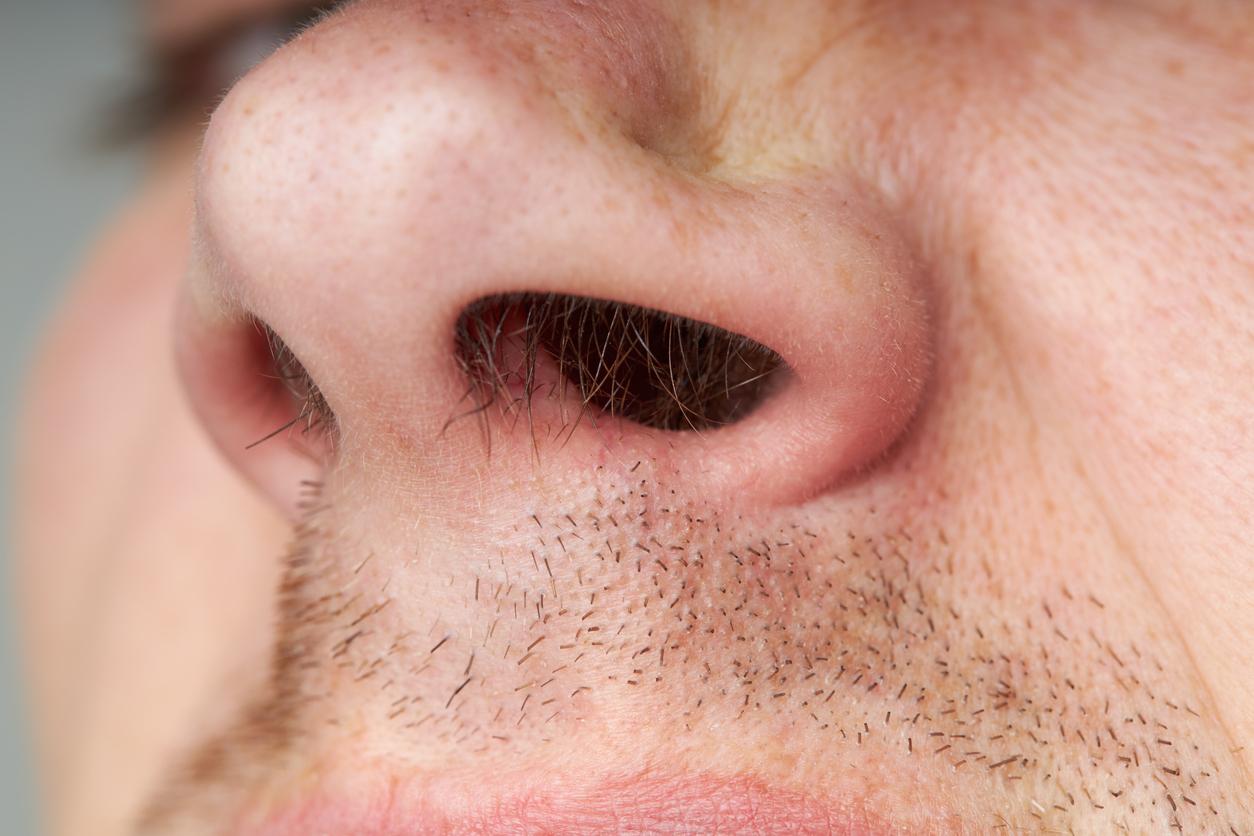Drugstore shelves are overflowing with nose cleansers, especially during the winter season. However, it is often a gesture that is wrongly reserved for periods of colds and on doctor’s prescription. We therefore interviewed an ENT doctor to explain the benefit of regular nose washing for health.
What is the nose wash for?
Regularly performing nasal washing has several advantages:
– It prevents and treats nasopharyngeal infections,
– It improves respiratory well-being (breathing, olfaction) in the face of environmental pollution by removing particles that settle on the mucous membrane and cause local inflammation,
– It limits air allergies by preventing the onset of the local nasal allergic reaction,
– It restores the physiological nasal activity: filtration, drainage, immunity …
How and how often to perform an effective nose cleanse?
The frequency of washing is dictated by the need and effectiveness of this local care.
– Isotonic salty liquid is not toxic and does not cause any exchange with the body, so there is no theoretical limit to the number of daily washes.
– When washing is required, it should be carried out on average twice a day (morning and evening) followed by blowing. Certain chronic nasal pathologies will require 3 to 6 daily uses.
– For this washing to be effective, it must be as simple and quick as possible so as not to cause weariness over the long term. The sprayers conditioning these solutions go in this direction.
Should you clean your nose even when you don’t have a cold or don’t have allergic rhinitis?
It is never essential to wash your nose. However, the preventive action of these washes is well known against nasopharyngeal infections and allergic rhinitis. Their use is therefore recommended for the long term in fragile and allergic patients.
What can be the consequences of poor nasal hygiene?
On a daily basis, discomfort in the face of pollution or the environment, fragility in the face of infections and allergies. In the event of a nasal infection, washing followed by blowing the nose, combined with other treatments, will limit the risk of the infections spreading to the sinuses (sinusitis), ears (ear infections), throat (pharyngitis) and bronchi (bronchitis).
Are there any contraindications to nose washing?
To my knowledge no. In hypertensive subjects, salt intake is often controlled, so avoid swallowing the salt solution used.
Why is salt water used to clean the nose?
It is necessary to use a neutral solution for the organism which does not create an exchange with the nasal mucosa. This is why we use a saline solution (9 grams of salt for 1 liter of water) of the same concentration as our blood serum. This solution is then said to be isotonic.
How to choose the right nasal hygiene product?
The best product is the one you use regularly! Different packaging exist: pods, sprays, bottles. Each has its advantages and disadvantages. The most consensual is the sprayer which is optimized for daily and rapid use.
What are the other precautions to take on a daily basis to avoid having a stuffy nose?
There is no such thing as a foolproof attitude and these precautions are based on prevention. We should live far from cities, allergens and viruses !! Vast subject … difficult to put into practice.
But we can intervene on some habits: stopping smoking, washing hands (hydroalcoholic solution), blowing with a disposable handkerchief, sneezing protected by the “elbow” and not by the hand which will shake that of the neighbor a few seconds later …
To prevent allergies, it is important to ventilate your home on a daily basis, to ensure the elimination of the allergen and to practice desensitization if possible.
3 products to wash your nose:
Daily
Physiomer spray: The spray jet of this 100% undiluted seawater solution is suitable for gentle daily use from the age of 2 years. Price: 8 euros
In case of ENT infection
Marimer Nasopharyngitis and acute sinusitis: a cleaning product that is not used daily but particularly effective in cases of sinus infection and nasopharyngitis. It contains a surfactant which loosens phlegm and thus helps evacuate thick secretions. Price: 6.50 euros
During allergic attacks
Stérimar manganese: Its physiological seawater solution, enriched with manganese, helps sensitive noses to face attacks from allergens such as: pollens, atmospheric pollution (ozone peaks), household dust (mites), animal hair. . Price: 5 euros
Do you remember to wash your nose regularly? What product do you use and what improvements do you notice in your health? Answer on the nasal hygiene discussion on our forum!













